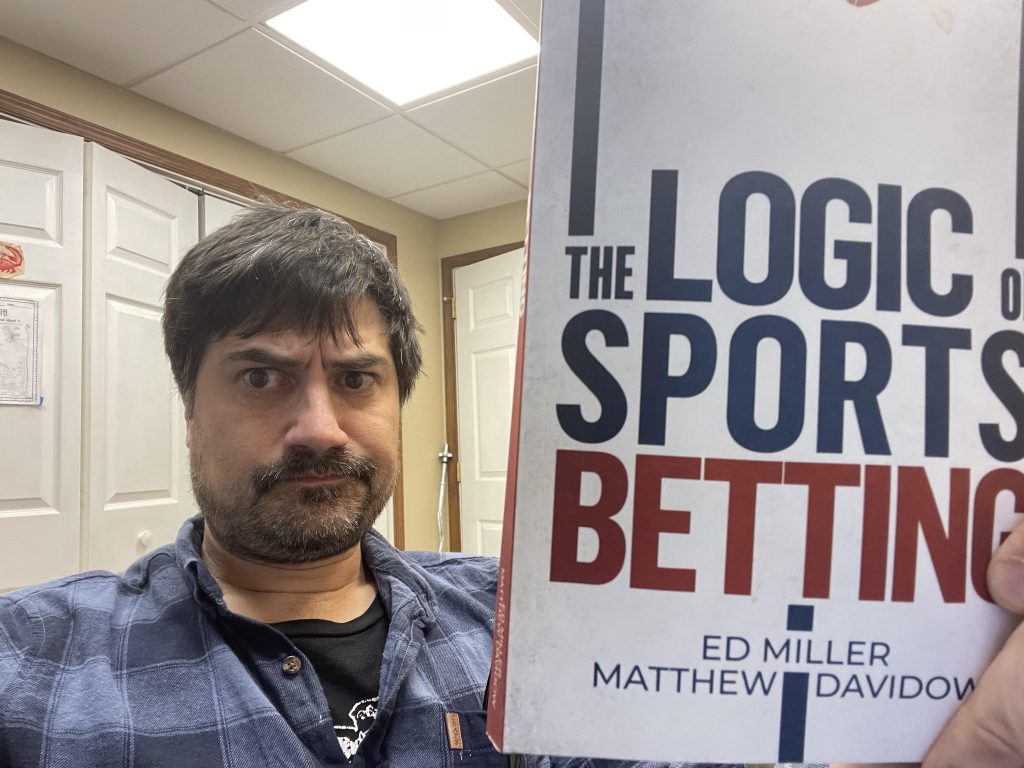
The Connection Between Problem Gambling and Health-Related Quality of Life
Let me be the one to throw the first stone. I’ve been known to gamble, and try to approach it from a mathematical standpoint. Part of that is because I’ve been known to be too emotionally invested.

A recent study, The association between health-related quality of life and problem gambling severity: a cross-sectional analysis of the Health Survey for England, delves into this lesser-discussed aspect of gambling – its impact on health-related quality of life (HRQoL).
The Study at a Glance
The research, conducted using the Health Survey for England, sought to understand how problem gambling severity affects HRQoL, measured by the EuroQol-5D (EQ-5D). The study is significant as it is the first to estimate health state utilities from a general population perspective in the UK, which is essential for evaluating the cost-effectiveness of interventions for problem gambling.
Understanding the Methods
The Problem Gambling Severity Index (PGSI) was used to categorize the severity of gambling problems. Researchers employed regression models to estimate EQ-5D-derived utility scores, controlling for key comorbidities such as mental health disorders and substance use. This methodology is crucial as it helps in isolating the impact of gambling on HRQoL from other health issues.
Key Findings: A Complex Picture
Contrary to expectations, the study did not find significant decrements in health state utility for any PGSI variables when controlling for comorbidities. However, a notable association was observed between the PGSI-derived harms variable and higher scores in the anxiety/depression domain of the EQ-5D.
Implications for Public Health Practitioners
- Understanding the Multifaceted Nature of Problem Gambling: The study underscores that problem gambling is not just a financial or legal issue but also a significant health concern. Public health practitioners need to consider mental health aspects, particularly anxiety, and depression when dealing with gambling-related problems.
- Rethinking Measurement Tools: The lack of significant findings might suggest that tools like the EQ-5D may not fully capture the nuances of gambling’s impact on HRQoL. There’s a potential need for more holistic tools that consider the broader effects of gambling on one’s life, including social relationships and financial stability.
- Guiding Treatment and Policy: The findings provide a basis for shaping policies and interventions. Recognizing the close link between problem gambling and mental health can lead to more integrated treatment approaches, combining financial counseling, mental health support, and addiction services.
- Advocating for Larger, More Inclusive Studies: Given the study’s limitations, such as sample size, there’s a call for larger studies that can more robustly capture the relationship between problem gambling and HRQoL. Such research can inform more effective public health strategies.
Engaging with the Original Article
This study presents a comprehensive analysis of a complex issue, making it a valuable read for those involved in public health, policy-making, and mental health services. By understanding the intricacies of the relationship between problem gambling and HRQoL, practitioners can develop more effective interventions and support systems.
Lead the Way in Public Health – Get Your Weekly Insight!
Ready to lead the charge in health advocacy and research? ‘This Week in Public Health’ delivers essential weekly updates, keeping you informed and ahead in the dynamic field of public health. With insights on the latest breakthroughs and initiatives, our newsletter is your gateway to being a proactive leader. Subscribe for free and start shaping the future of public health today!



